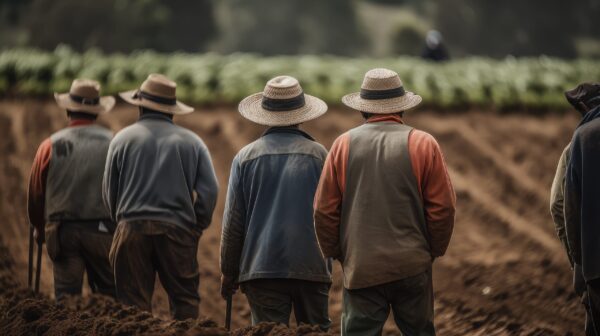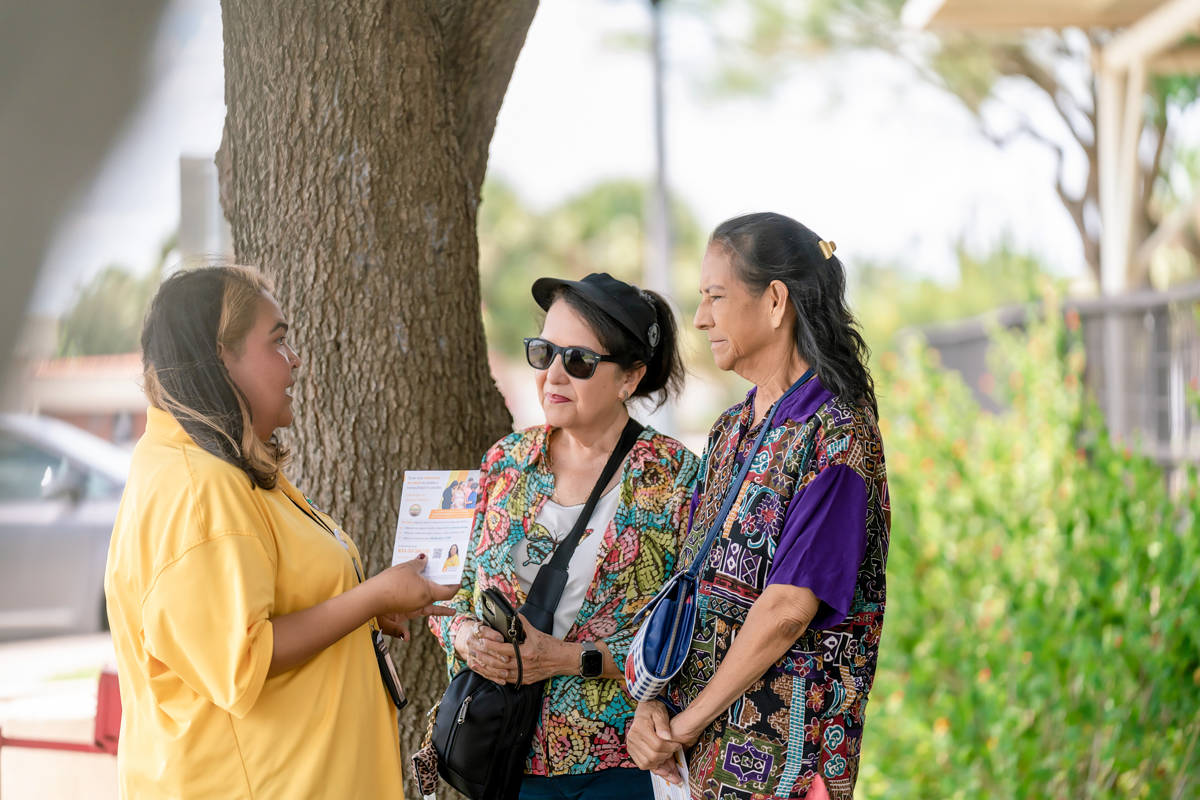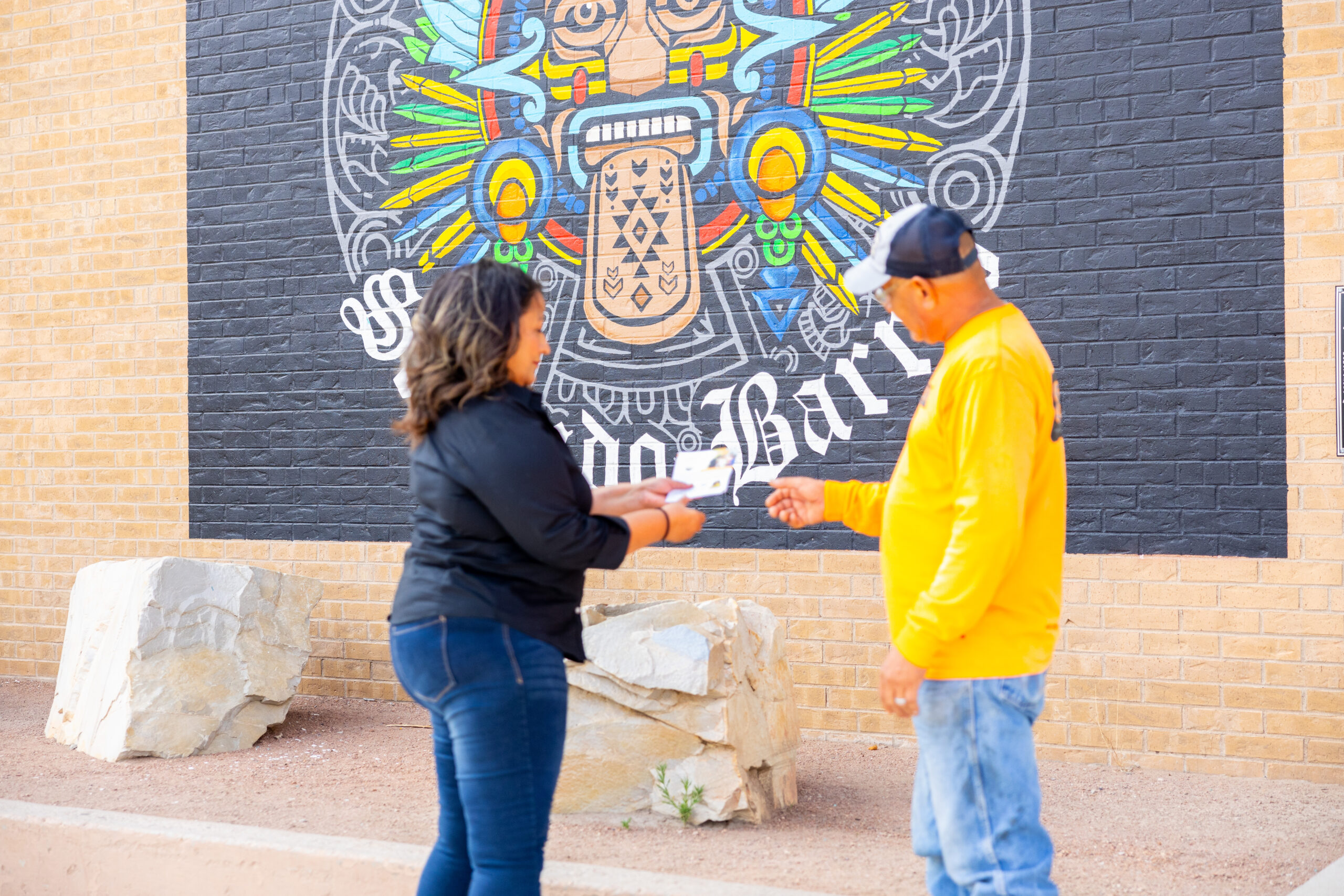Thank you for your interest. Someone will reach out to you as soon as possible. In the meantime, we’ve found some additional content you may be interested in.
Bridge Communities to Care through Dinámicas
Transform Your Healthcare Approach to Connect People to Life-Changing [...]
What a Dinámica Experience!
“In every session, the sessions often start quiet … [...]
CHWs and Mental Health First Aid
High stress. Financial instability. Isolation. Natural disasters. Labor shortages. [...]
Farmworker Health Network: Key Resources to Support Agricultural Workers
Agricultural workers face unique health challenges as their working [...]
CHWs in Action: Building Community Connections
“This shows how we are all connected by having [...]
Addressing Mental Health Experiences Among Subpopulations of Migrant Seasonal Agricultural Workers
A two-part article series that explores a CHW-driven community [...]







